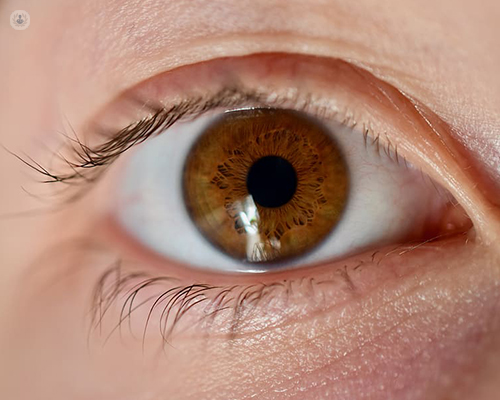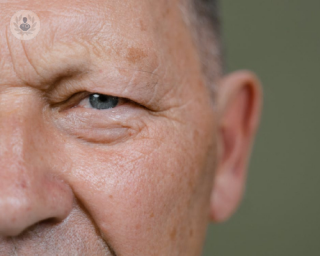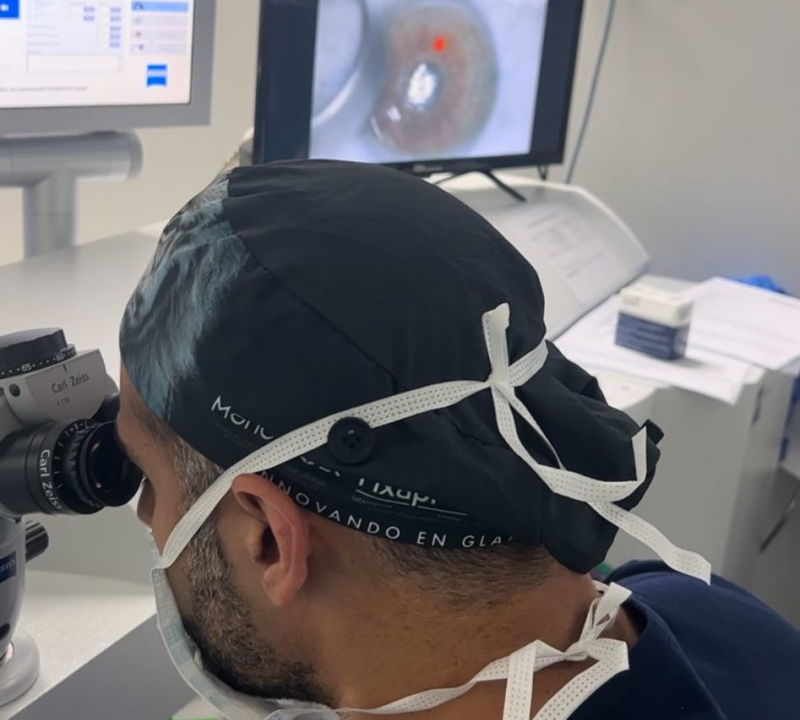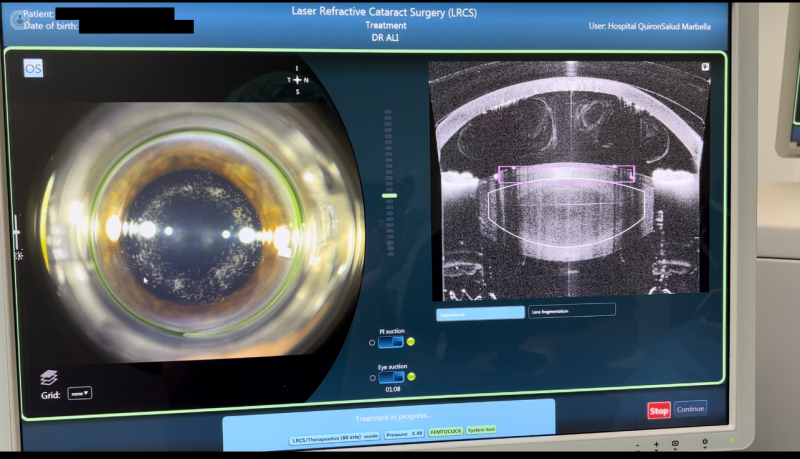Refractive laser surgery: an advanced solution for vision
Laser refractive surgery is a highly effective procedure carried out by ophthalmology specialists and has transformed the lives of millions of people around the world. In this article, Dr. Ali Nowrouzi, a specialist in refractive surgery, corneal transplants and premium laser crystalline surgery, explains what this technique consists of and why it can be a suitable option for those looking for a solution to their vision problems.

What does it consist of?
- Laser refractive surgery is an ophthalmological intervention aimed at correcting refractive errors of the eye, such as myopia , hyperopia , astigmatism and, in some cases, presbyopia . These refractive errors occur when the shape of the eye prevents light rays from focusing correctly on the retina, resulting in blurred vision. Specifically, the Lasik procedure to correct vision problems such as myopia, hyperopia and astigmatism consists of a delicate incision and elevation of the most superficial layer of the eye . This layer is known as the flap and its incision can be carried out using two techniques: the microkeratome or the femtosecond laser. On the one hand, the microkeratome is a surgical instrument with a blade in the head responsible for carrying out the incision. However, this technique carries a higher risk of complications compared to the next alternative. On the contrary, the femtosecond laser , an entirely laser procedure, creates the flap with extraordinary cleanliness and precision. This allows the surgeon to more accurately control the thickness, dimension and position of the flap. For this reason, Dr. Ali Nowrouzi's clinic opts for this technique, since it provides greater safety for the patient and a greater probability of success in the procedure.
Is it an option available to all patients?
While laser refractive surgery is highly effective, not all patients are candidates for this procedure. Ideal candidates must meet certain requirements , including:
- Appropriate age. Candidates must generally be over 18 years old, although this age could vary slightly depending on the case.
- Visual stability . Related to the previous point, it is important that the patient's vision has been stabilized for at least a year before considering surgery.
- Good eye health . Candidates must have healthy eyes and no significant eye problems, such as cataracts or glaucoma.
- Personalized evaluation and advice . A thorough evaluation by an experienced ophthalmologist is essential to determine if surgery is the right option for each patient.




